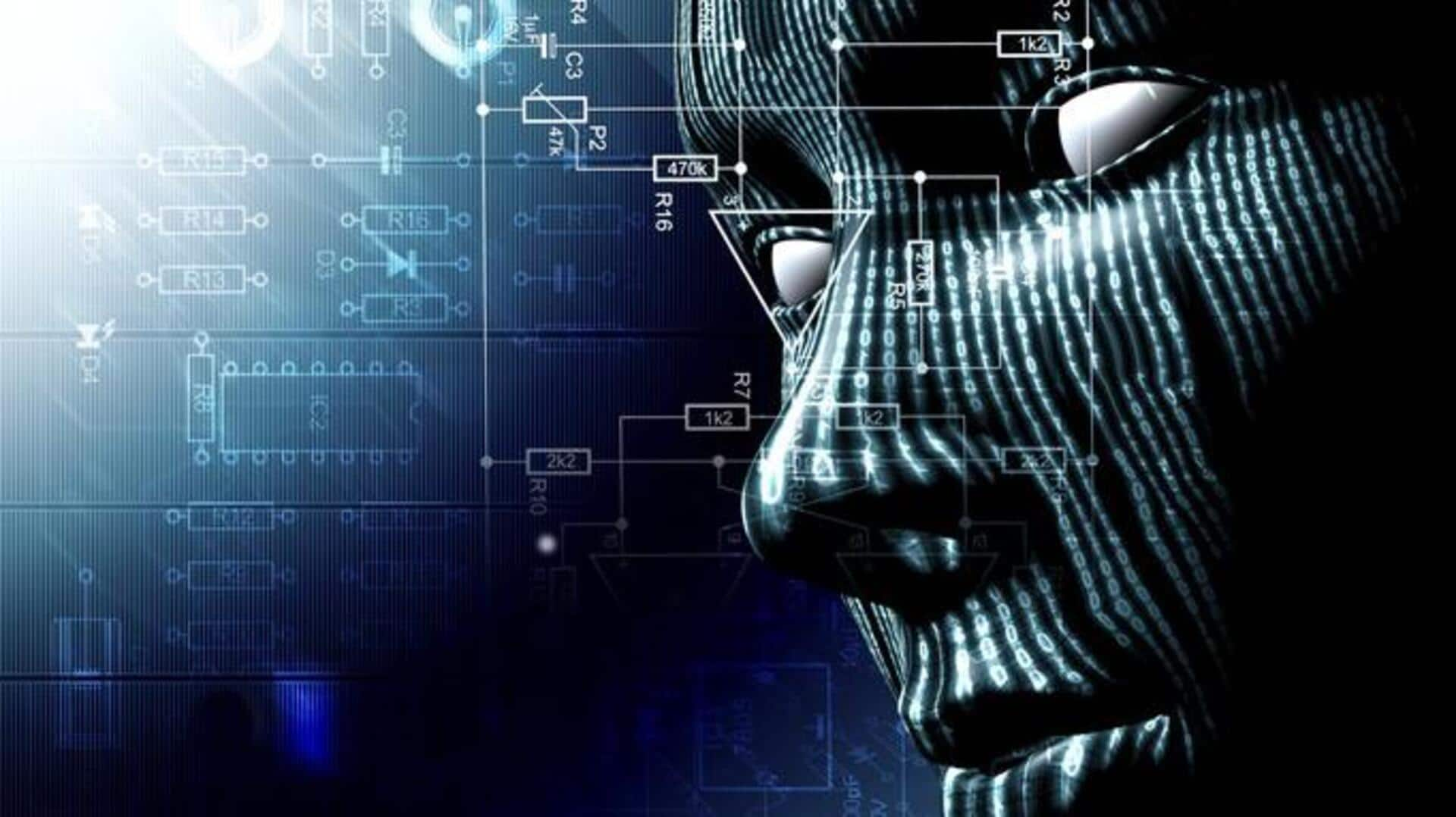The emergence of AI apps designed to recreate the likeness and personalities of deceased loved ones has started debates on ethical boundaries, privacy concerns, and the impact on the grieving process.

Also Read: Beats Launches Beats Solo Buds and Beats Solo 4
With various platforms offering different approaches, users are faced with complex decisions regarding the use of technology to maintain connections with those who have passed away.
Vera AI, an app purportedly designed to recreate deceased loved ones has started public outcry and condemnation.
Marketed as a means to reconnect with the departed, Vera AI’s promotion of replacing human connections with digital replicas has drawn criticism.
The AI apps purported ability to simulate conversations with deceased relatives, such as grandparents and fathers has elicited shock and horror among users.
Snapchat’s My AI feature powered by ChatGPT presents another facet of the trend in digital resurrection. Users like Ana Schultz have embraced My AI to recreate the likeness of deceased spouses for mundane interactions like seeking cooking advice.
Beyond commercial AI apps individuals are experimenting with AI apps and tools to recreate the voices and personalities of departed loved ones.
Utilizing generative AI algorithms, enthusiasts like the anonymous IT professional from Alabama have cloned the voices of deceased family members.
Startups like HereAfter AI and StoryFile have ventured into the world of digital avatars offering users the opportunity to interact with AI replicas of deceased individuals.
Tech giants like Amazon have explored similar initiatives planning to personalize AI apps or tools interactions by mimicking the voices of departed family members.
The advent of AI-driven digital avatars presents a double-edged sword for individuals struggling with loss.
While some view these as an AI apps or tools as a source of solace and connection others question their impact on the grieving process and the authenticity of human relationships.
Psychologists like Mary-Frances O’Connor address the importance of authenticity in mourning and caution against the potential pitfalls of substituting genuine human connections with AI apps or replicas.
Also Read: The Browser Company has Released the Arc Browser for Windows
Individuals like Bill Abney remain in their rejection of AI-mediated interactions with the departed. Abney’s refusal to engage with AI apps is from a deeply-held belief in preserving the integrity and uniqueness of his late fiancée’s memory.
Individuals like Jodi Spiegel have found solace in digital simulations utilizing platforms like The Sims to recreate moments with deceased loved ones.
Some have explored DIY methods to reconnect with the deceased. Examples include cloning voices using generative AI tools and AI apps and utilizing existing platforms like Snapchat My AI and ChatGPT to simulate conversations with loved ones.
Personal anecdotes such as Ana Schultz’s use of Snapchat My AI to seek cooking advice from her late husband or the Alabama man’s cloning of his father’s voice.
Startups like HereAfter AI and StoryFile have offered services to create avatars or conversational videos of deceased individuals.
Amazon’s exploration of voice-mimicking technology for its Alexa system shows the tech giant’s way into this ethically fraught territory.
Replika, an app facilitating text or call interactions with personalized AI avatars presents an alternative avenue for users seeking companionship or emotional support.
The AI-generated avatars raises pertinent ethical questions regarding consent, authenticity, and privacy. While companies like Replika address safeguards against harmful content, the misuse of personal data remains a concern.
Psychological perspectives show the emotional complexities involved in using AI apps or AI tools to communicate with the deceased.
While some view AI avatars as a source of comfort and connection others perceive them as a violation of authenticity or an obstacle to the grieving process.
Individuals exhibit diverse attitudes toward AI-powered communication with the deceased. While some like Danielle Jacobson find solace in conversing with AI apps or tools like “Cole,” others such as Bill Abney adamantly reject the notion of recreating their loved ones through technology.
Also Read: UK: New Laws to Protect Consumers from Cyber Criminals Come into Force
























